Bringing a dog into your life is a heartwarming decision filled with love, companionship, and unforgettable moments. However, before you open your home to a furry friend, it’s essential to understand the financial commitment involved. Owning a dog involves many expenses beyond the initial adoption fee or purchase cost. These costs can add up quickly, from everyday essentials like food and grooming to unexpected vet bills.
To make this process easier, the dog cost calculator is a handy tool that helps you estimate the expenses of dog ownership, tailored to your specific circumstances. Whether you’re a first-time pet parent or considering adding another pup to your family, this tool ensures you’re fully prepared to provide your furry companion with the care and comfort they deserve. Let’s explore the costs of being a responsible dog owner and how the dog cost calculator can help you plan effectively.
1. Initial Costs
1.1 Adoption or Purchase Fees
The first expense when getting a dog is typically the adoption or purchase fee. If you decide to adopt, shelters or rescue organizations usually charge an adoption fee, which includes vaccinations, spaying/neutering, and microchipping. Adoption fees can range from $50 to $200 or more, depending on where you adopt and the dog’s age or breed.
The price can vary significantly if you’re looking for a specific breed and decide to go through a breeder. Some purebred dogs cost thousands of dollars, especially from a reputable breeder. For example, a popular breed like a French Bulldog can cost anywhere from $1,500 to $4,000 or more.
1.2 Initial Supplies
When you first bring your dog home, you’ll need to purchase some essential supplies:
- Crate or Carrier: A crate is a must Whether you’re training or need one for car rides. Depending on size and quality, prices can range from $30 to $150.
- Bedding: A comfortable dog bed is essential. Depending on the brand and material, you can find beds from $20 to $100 or more.
- Food and Water Bowls: Durable and easy-to-clean bowls typically cost between $10 and $30.
- Toys: Dogs need toys for mental stimulation and to satisfy their chewing instincts. Budget around $10 to $50 for a variety of toys.
1.3 ID and Licensing
In many places, it’s required to license your dog. Depending on your location, a dog license typically ranges from $10 to $50 annually. Along with licensing, you should also consider getting an ID tag and/or microchip for your dog’s safety, which can cost between $10 and $30.
2. Ongoing Medical Costs
2.1 Regular Vet Checkups
Routine vet visits are an ongoing expense that every dog owner should anticipate. Annual checkups usually cost between $50 and $150, depending on your location and your dog’s needs. During these visits, your vet will conduct general health exams and administer vaccines, flea/tick treatments, and heartworm prevention.
2.2 Emergency Vet Visits
Unexpected medical expenses can quickly add up. Whether it’s an accident, illness, or sudden health issue, emergency vet visits can cost anywhere from $100 to $1,000 or more, depending on the severity. Pet insurance can help mitigate these costs, but you’ll still need to budget for potential emergency care.
2.3 Medication
Some dogs require ongoing medication, such as flea/tick preventatives, heartworm pills, or medicines for arthritis. Depending on your dog’s health, these can cost anywhere from $10 to $50 per month.
3. Food and Nutrition
3.1 Dog Food
Dog food is one of the most consistent expenses in dog ownership. The cost will depend on the size of your dog, the brand, and any dietary restrictions they may have. On average, you can expect to spend between $30 and $100 per month on high-quality dog food. If your dog has special dietary needs or you choose premium food, the cost could be higher.
3.2 Supplements
Some dogs need additional supplements to maintain their health, especially senior dogs or those with joint issues. Joint supplements, vitamins, and other dietary additions can add another $10 to $30 monthly.
4. Grooming Expenses
4.1 Regular Grooming
Grooming is essential, especially for long-haired breeds. Professional grooming costs range from $30 to $90 per session, depending on the breed and the services (bathing, nail trimming, etc.). Some breeds require grooming every 4-6 weeks, while others can go longer.
4.2 Bathing & Coat Care
If you prefer to groom your dog at home, you’ll need supplies like shampoo, brushes, and nail clippers. Grooming tools can initially cost between $10 and $50, and you’ll need to replace items over time.
5. Training and Behavioral Costs
5.1 Puppy Training Classes
Training your dog is an important part of pet ownership. Puppy classes or obedience training usually cost between $100 and $300 for a multi-week course. Some owners may hire private trainers, which can be more expensive.
5.2 Equipment for Training
You’ll need essential training tools like leashes, harnesses, and collars, typically costing between $10 and $40. If you’re training your dog to walk on a leash or learning tricks, specialty equipment like clickers or treat dispensers might also be helpful.
6. Dog Boarding or Pet Sitting
6.1 Boarding Costs
You’ll likely need to board your dog when you go on vacation. Depending on the facility and location, dog boarding services typically cost $20 to $50 per night. Luxury pet resorts can cost $100 per night, often including extra services like playtime and grooming.
6.2 Pet Sitting
Alternatively, you can hire a pet sitter to care for your dog at home. Pet sitters typically charge $20 to $50 per visit, or you can pay for a full-time service if you go away for an extended period.
7. Dog Walking and Exercise
7.1 Professional Dog Walkers
If you work long hours or need extra help with exercise, you might hire a dog walker. A single walk typically costs between $15 and $30, while daily walks could cost $100 to $200 monthly.
7.2 Personal Exercise and Playtime
If you prefer to exercise your dog yourself, you’ll need supplies like leashes, harnesses, and balls. These can cost anywhere from $10 to $50, and you may also want to invest in outdoor gear for yourself, such as hiking shoes or dog-friendly backpacks.
8. Dog Insurance
8.1 Types of Insurance
Pet insurance is becoming increasingly popular for covering vet bills, especially in case of accidents or illnesses. Monthly premiums for dog insurance can range from $20 to $50 for basic coverage, with higher costs for more comprehensive plans.
8.2 Coverage
It’s essential to understand what your pet insurance covers. Most policies include accidents, illnesses, and emergencies, but preventative care may be excluded. Be sure to review your policy and know what you’re paying for.
9. Miscellaneous Expenses
9.1 Travel and Transportation
Traveling with your dog can also add costs. You may need to pay for extra baggage on flights and pet-friendly accommodations. Airfare for pets typically ranges from $100 to $300 per flight.
9.2 Pet-Friendly Accommodation
Finding a pet-friendly hotel or rental property may cost more than traditional accommodations. Expect to pay an extra $20 to $50 per night for pet fees; some places may even charge a deposit for pets.
9.3 Special Needs Dogs
Dogs with special medical or behavioral needs may require additional care, such as physical therapy, specialized diets, or extra vet visits. These expenses can add hundreds of dollars to your yearly costs.
10. Long-Term Financial Considerations
10.1 Life Expectancy
Dogs typically live between 10 to 15 years, and their medical and food needs may change during that time. Senior dogs may require more frequent vet visits, medication, or specialized diets, which can increase expenses over time.
10.2 End-of-Life Care
Eventually, you’ll need to plan for end-of-life care for your dog. The cost of euthanasia typically ranges from $50 to $300, depending on the method. Cremation or burial services can add another $100 to $300 to the total cost.
Conclusion
Owning a dog can be one of the most rewarding experiences, but being financially prepared for the responsibilities is essential. From initial costs like adoption fees and supplies to ongoing expenses for food, medical care, and grooming, dog ownership requires a significant financial commitment. By budgeting for these costs and planning, you can ensure that your dog has a happy, healthy life—and that you’re ready for whatever comes your way.

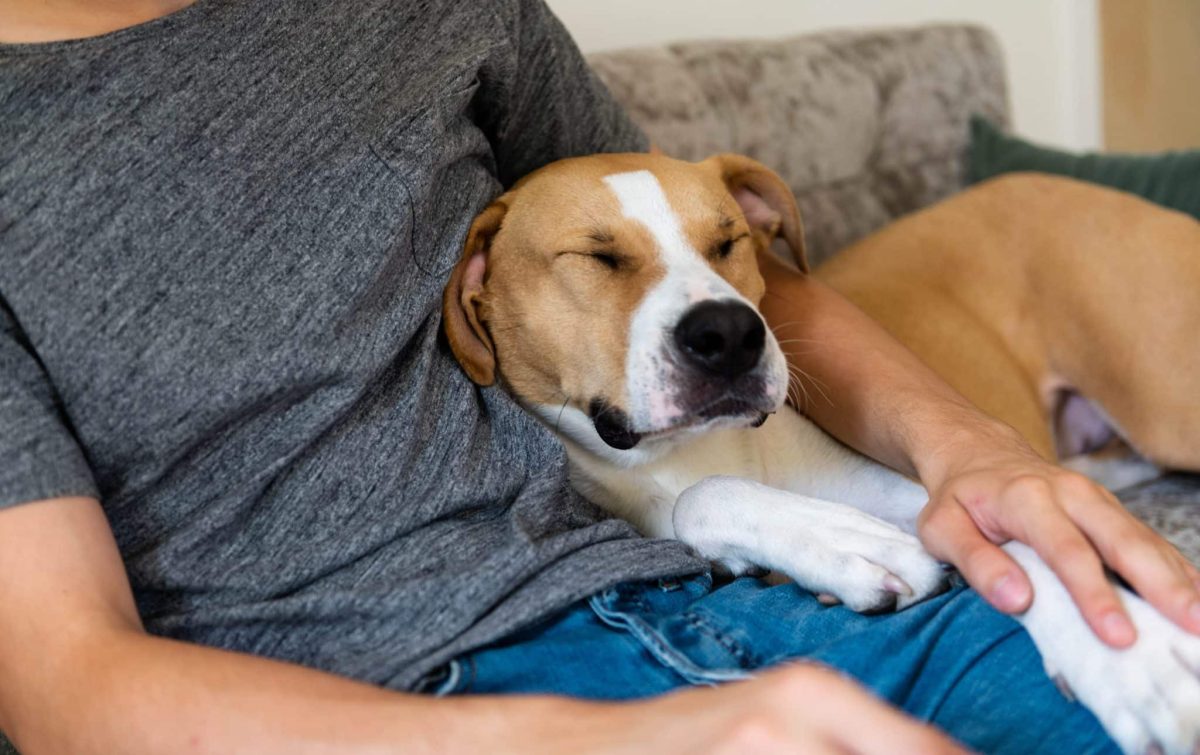

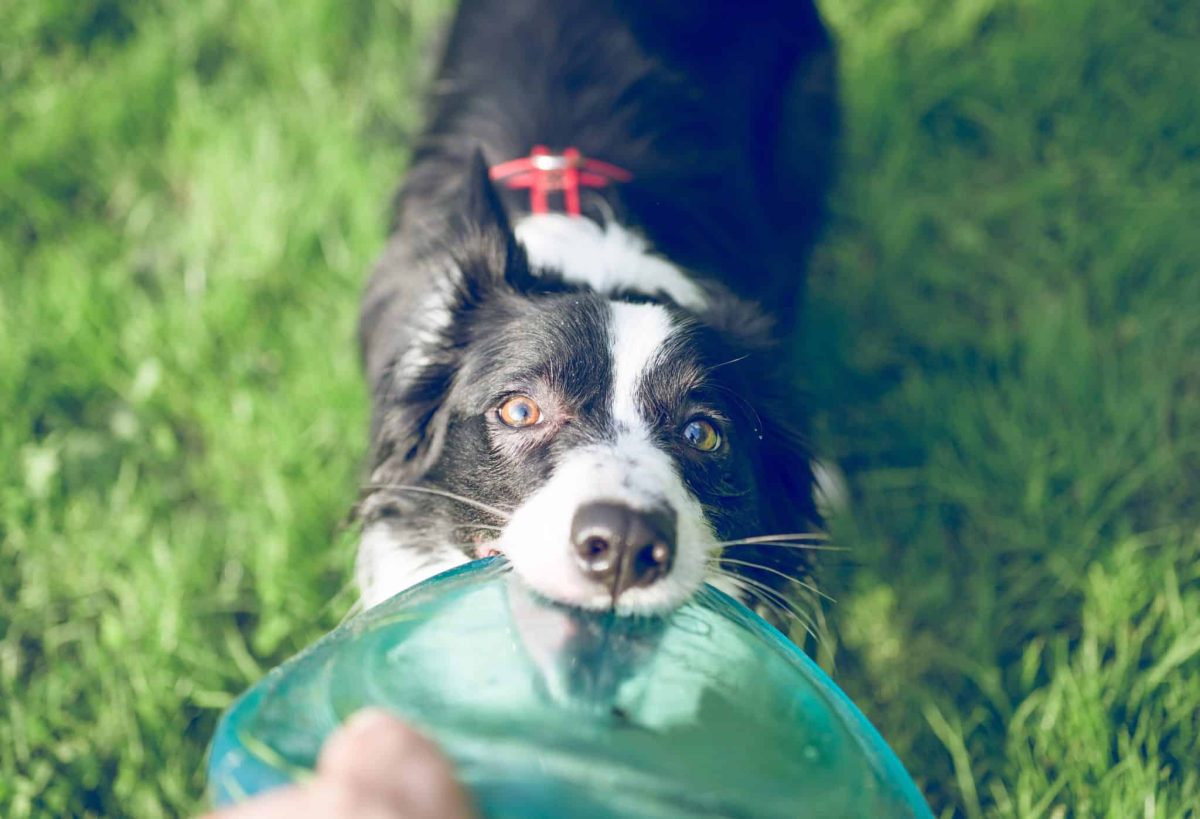

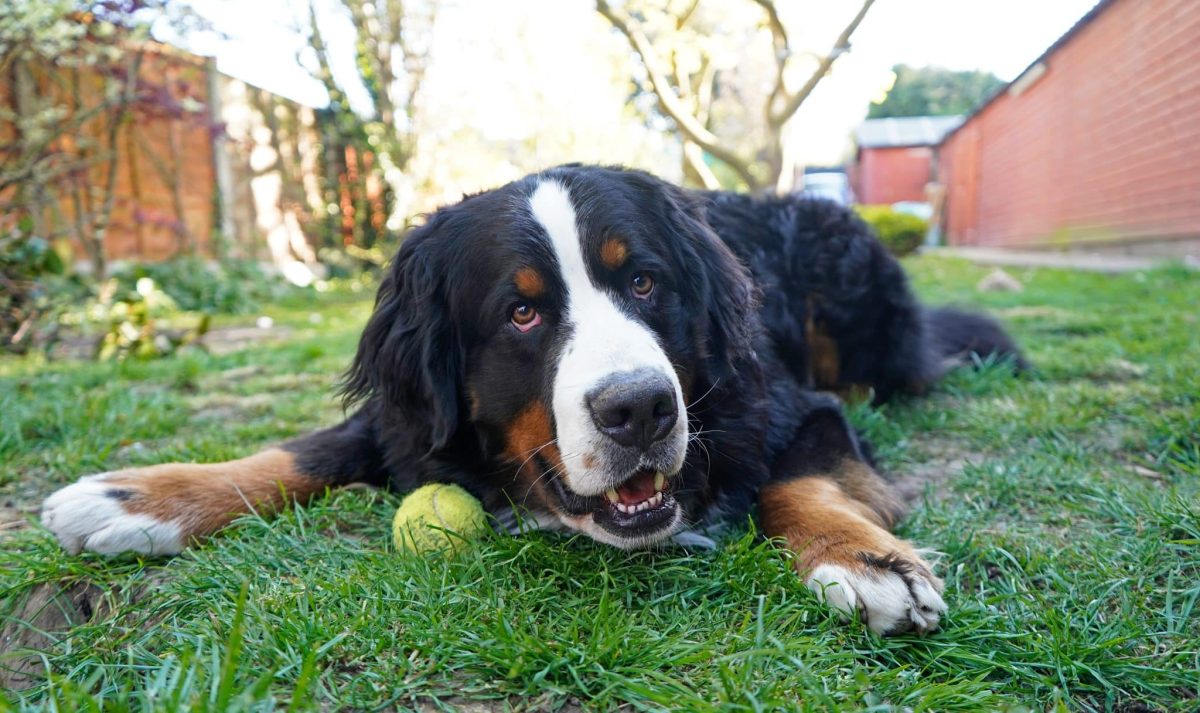
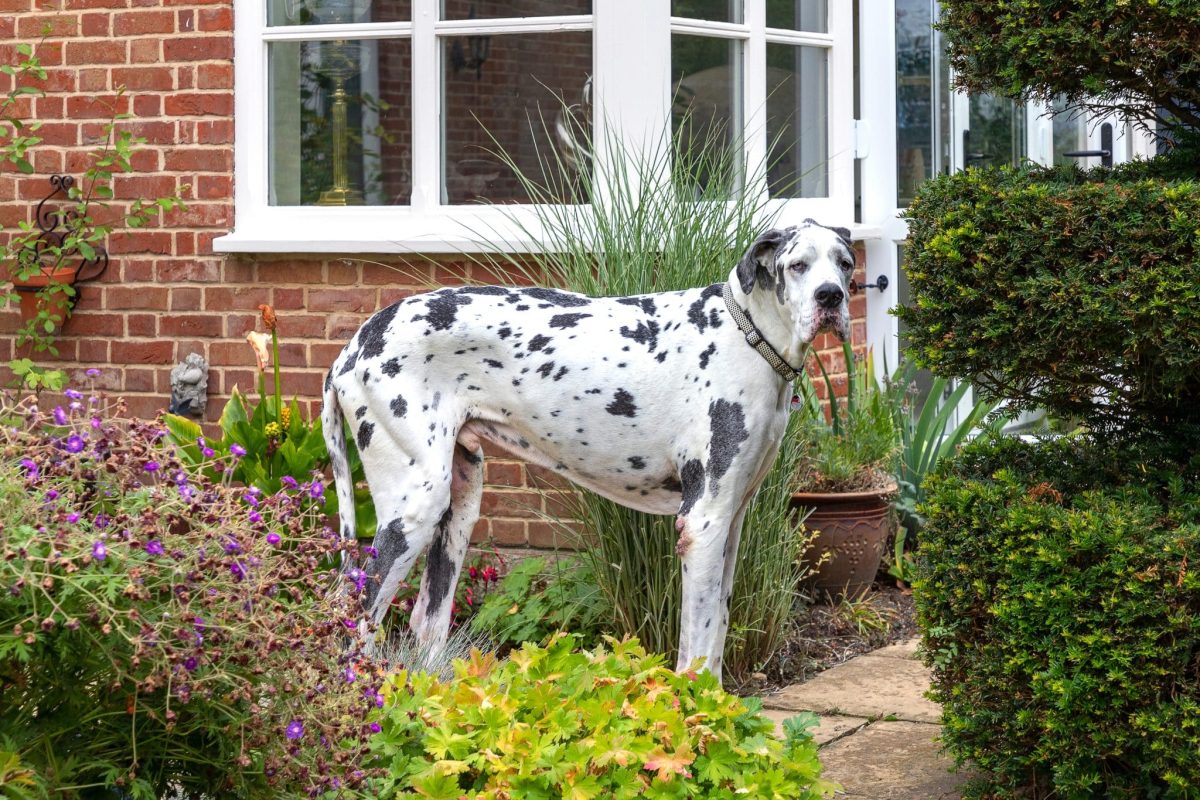



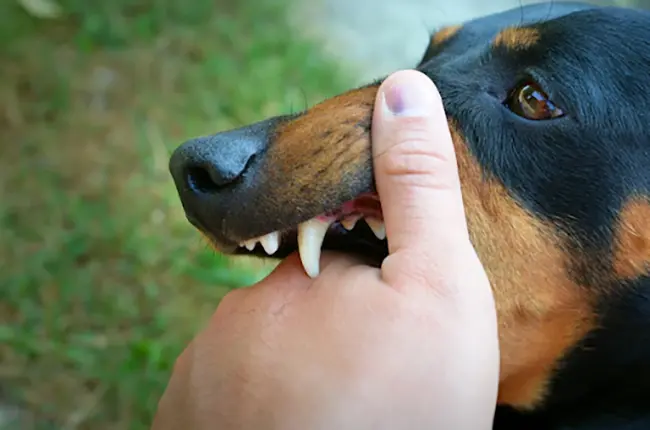








 English (US) ·
English (US) ·